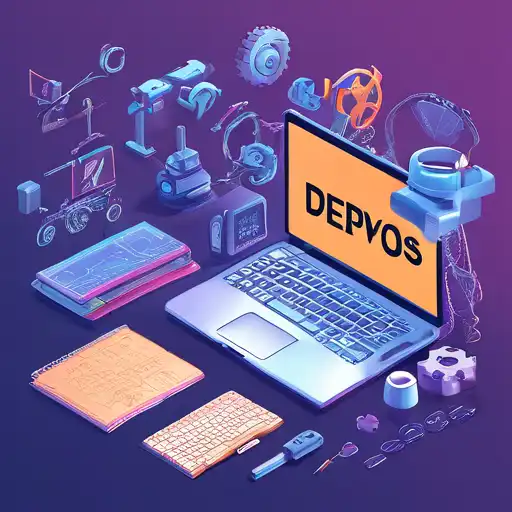Introduction to DevOps in 2023
As we step into 2023, the DevOps landscape continues to evolve, bringing forward tools that promise to streamline software development and operations. This guide highlights the must-know DevOps tools that are shaping the industry this year.
Continuous Integration and Continuous Deployment (CI/CD) Tools
CI/CD pipelines are the backbone of DevOps practices, enabling teams to deliver code changes more frequently and reliably. Here are the top tools to consider:
- Jenkins: An open-source automation server that supports building, deploying, and automating any project.
- GitLab CI/CD: Offers a comprehensive suite for CI/CD, integrated within GitLab, making it a favorite among developers.
- CircleCI: Known for its simplicity and efficiency, CircleCI supports rapid software development and deployment.
Infrastructure as Code (IaC) Tools
IaC tools help manage and provision infrastructure through code, significantly reducing manual processes. Key tools include:
- Terraform: Allows you to define and provision data center infrastructure using a declarative configuration language.
- Ansible: A simple yet powerful automation tool that can handle configuration management, application deployment, and task automation.
Monitoring and Logging Tools
Effective monitoring and logging are crucial for maintaining the health and performance of applications. Essential tools are:
- Prometheus: An open-source monitoring solution that collects and stores metrics as time series data.
- ELK Stack (Elasticsearch, Logstash, Kibana): A powerful trio for searching, analyzing, and visualizing log data in real time.
Containerization and Orchestration Tools
Containerization has revolutionized how applications are deployed and managed. The leading tools in this space are:
- Docker: The most popular containerization tool that allows developers to package applications into containers.
- Kubernetes: An open-source system for automating deployment, scaling, and management of containerized applications.
Cloud Platforms
Cloud platforms are integral to DevOps, offering scalable resources for development and deployment. The top platforms include:
- AWS: Provides a wide range of cloud services that support DevOps practices, including computing power, storage options, and networking.
- Azure DevOps: Microsoft's cloud platform offers services for CI/CD, monitoring, and more, integrated with Azure's cloud services.
Conclusion
The DevOps tools landscape in 2023 is rich and varied, offering solutions for every stage of the software development lifecycle. By leveraging these tools, teams can achieve greater efficiency, reliability, and speed in their DevOps practices. Whether you're just starting out or looking to upgrade your toolkit, these tools are essential for staying competitive in the fast-paced world of software development.
